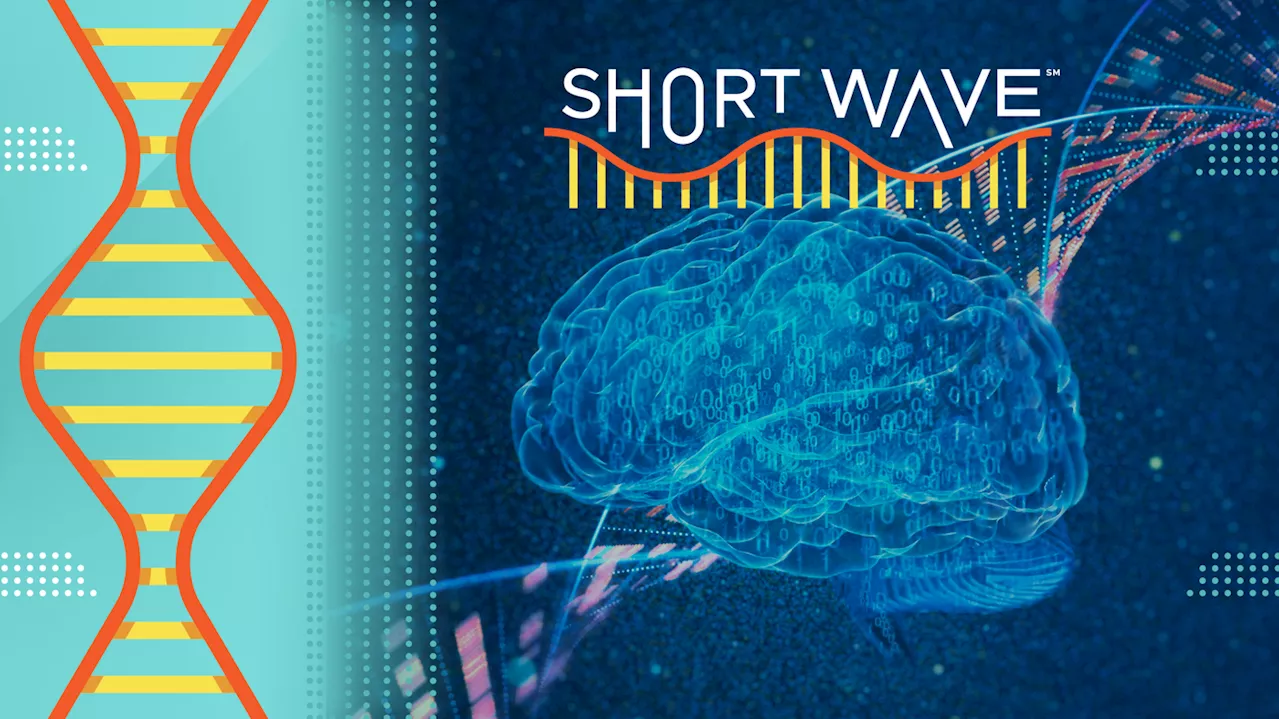The human brain is remarkably adept at adjusting what we hear based on contexts, like our current environment or priorities, but it's still unknown how exactly the brain helps us detect, filter and react to sounds. Now, biologists are a step closer to solving that mystery.
The human brain is remarkably adept at adjusting what we hear based on contexts, like our current environment or priorities, but it's still unknown how exactly the brain helps us detect, filter and react to sounds. Now, biologists are a step closer to solving that mystery.
Now, biologists at the University of Maryland are a step closer to solving that mystery. Using an animal model, the researchers found that the orbitofrontal cortex , a brain region associated with decision-making but not typically linked to hearing, plays a central role in helping the auditory cortex adapt to changing contexts or situations. The team's findings were published in the journal"Our hearing doesn't just depend on the sounds around us.
When the OFC was silenced, the animals' auditory cortex did not switch between passive and active listening, impairing their ability to pay attention to and react to a behaviorally relevant sound. "We're just beginning to understand how the brain fine tunes hearing sensitivity in response to sudden shifts in behavioral contexts. We plan to explore exactly how the OFC communicates with the auditory cortex and see whether it's possible to strengthen the connection and improve hearing ability," Caras said.
Neuroscience Learning Disorders Hearing Impairment Brain-Computer Interfaces Disorders And Syndromes Language Acquisition Child Development
United States Latest News, United States Headlines
Similar News:You can also read news stories similar to this one that we have collected from other news sources.
 Researchers are figuring out how African ancestry can affect certain brain disordersBlack Americans have been underrepresented in most genomic studies of neurological disorders. As a result, scientists don't know much about whether African ancestry affects a person's risk for these disorders or their response to a particular treatment.
Researchers are figuring out how African ancestry can affect certain brain disordersBlack Americans have been underrepresented in most genomic studies of neurological disorders. As a result, scientists don't know much about whether African ancestry affects a person's risk for these disorders or their response to a particular treatment.
Read more »
 Researchers Have Discovered “Hidden” Sex Differences in the Brain’s Reward CircuitsScience, Space and Technology News 2024
Researchers Have Discovered “Hidden” Sex Differences in the Brain’s Reward CircuitsScience, Space and Technology News 2024
Read more »
 Researchers discover a significant problem in brain imaging and identify a fixResearchers found found that as people's arousal levels dwindle during an fMRI, such as if they become more relaxed and sleepy, resulting changes in breathing and heart rates alter blood oxygen levels in the brain, which are then falsely detected on the scan as neuronal activity.
Researchers discover a significant problem in brain imaging and identify a fixResearchers found found that as people's arousal levels dwindle during an fMRI, such as if they become more relaxed and sleepy, resulting changes in breathing and heart rates alter blood oxygen levels in the brain, which are then falsely detected on the scan as neuronal activity.
Read more »
 Hopkins researchers launch writing contest to learn about how the brain processes storiesA Johns Hopkins University research team is asking for the public’s help in mapping the specific areas of the brain that kick into high gear when we read a novel or buy movie tickets.
Hopkins researchers launch writing contest to learn about how the brain processes storiesA Johns Hopkins University research team is asking for the public’s help in mapping the specific areas of the brain that kick into high gear when we read a novel or buy movie tickets.
Read more »
 Researchers identify cause of serious brain bleeding condition in premature newbornsScientists have found that in premature newborns with very low birth weight, salt and water transporters on immature neurons can cause brain tissue to shrink in response to a lack of oxygen, which in turn results in brain bleeding and lifelong neurological damages.
Researchers identify cause of serious brain bleeding condition in premature newbornsScientists have found that in premature newborns with very low birth weight, salt and water transporters on immature neurons can cause brain tissue to shrink in response to a lack of oxygen, which in turn results in brain bleeding and lifelong neurological damages.
Read more »
 Researchers pinpoint brain cells that delay first bite of foodDo you grab a fork and take a first bite of cake, or say no and walk away? Our motivation to eat is driven by a complex web of cells in the brain that use signals from within the body, as well as sensory information about the food in front of us, to determine our behaviors.
Researchers pinpoint brain cells that delay first bite of foodDo you grab a fork and take a first bite of cake, or say no and walk away? Our motivation to eat is driven by a complex web of cells in the brain that use signals from within the body, as well as sensory information about the food in front of us, to determine our behaviors.
Read more »
